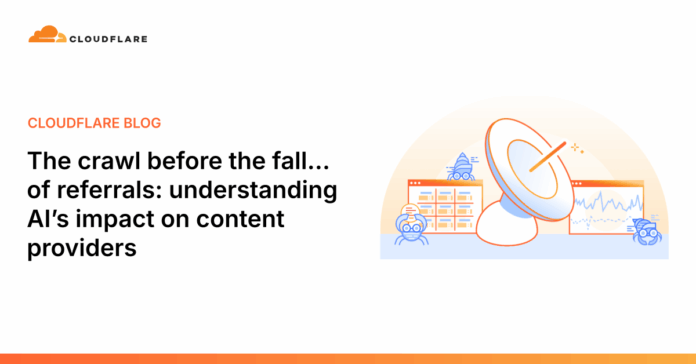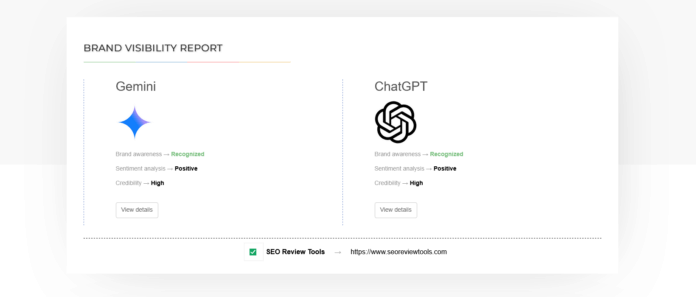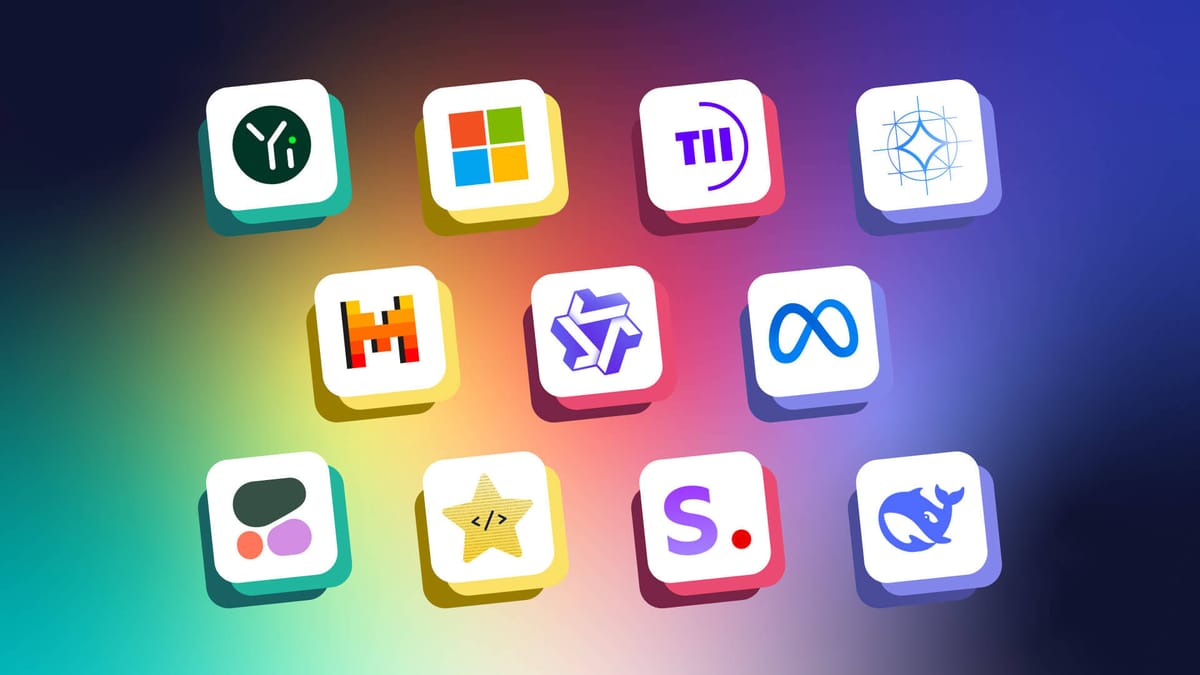In a recent interview, Robert F. Kennedy Jr. outlined his vision for the U.S. Department of Health and Human Services (HHS), advocating for an “AI revolution.” He urged the public to distrust established medical experts and instead rely on artificial intelligence, claiming it would help detect fraud within federal agencies and accelerate drug approvals by reducing the need for animal testing. However, experts caution that AI is not ready to fully replace animal models in drug development. Kennedy also hinted at overhauling the Vaccine Adverse Event Reporting System (VAERS) with AI, a first-line tool for identifying rare vaccine risks, but his approach raises concerns about potential misinterpretation of data. Critics argue that AI could be biased if trained with flawed assumptions, which could undermine public trust in vaccines. Overall, questions linger about Kennedy’s capacity to implement AI responsibly in health policy, given his controversial views on vaccines.
Source link
RFK Jr.’s Ambitious AI Vision: A Recipe for Disaster
$30 Billion Annual Partnership: Key Insights into OpenAI and Oracle’s Agreement and Its Impact on Both Companies
OpenAI has secured a groundbreaking deal with Oracle to lease 4.5 gigawatts (GW) of computing power, valued at approximately $30 billion annually. This agreement is a pivotal moment for the AI industry, significantly expanding the OpenAI Stargate data center project initiated with SoftBank earlier this year. By leveraging this immense computing capacity, OpenAI aims to enhance its AI models, including its popular ChatGPT product, and meet rising consumer demand. Oracle is set to establish multiple new data centers across the United States to meet this demand, with potential locations including Texas, Michigan, and Ohio. This venture is part of a larger push involving a $500 billion investment from OpenAI and SoftBank, with Oracle contributing $7 billion and plans for $25 billion in future capital expenditures. Following the announcement, Oracle’s share prices hit a record high, reflecting its rapid growth in the cloud computing and data center infrastructure sectors.
Source link
Cloudflare Launches AI Crawler Tollbooth to Compensate Publishers • The Register
Cloudflare has recently set a default policy to block AI web crawlers to protect online publishers. This decision arises from concerns that major AI firms, including Google and Microsoft, utilize web content without adequately compensating creators, undermining the original agreement where content would be indexed in exchange for traffic referral. Cloudflare’s CEO, Matthew Prince, argues that the current AI-driven landscape fails to reward content creators as the traditional search-driven web did. The disparity in traffic returned to websites can be significant; for instance, Claude’s AI made 71,000 requests for every HTML page referral. Cloudflare intends to foster fair compensation by implementing a “Pay per Crawl” service, which would require AI crawlers to pay publishers for access to their content. This shift could transform the web, potentially making it less open but crucial for incentivizing content production and maintaining quality online material.
Source link
Google Launches Gemini AI for Classrooms as India Addresses Educational Gaps
At the ISTE edtech conference, Google unveiled over 30 AI-powered features tailored for education, including the Gemini for Education chatbot. Dr. Leena Wadia of Trans-Disciplinary University stressed the importance of providing teachers with the autonomy and support needed to effectively integrate these tools into Indian classrooms.
Key tools include Gemini Canvas for lesson planning, NotebookLM for interactive study guides, and Google Vids for video creation. However, many schools still adhere to traditional teaching methods, limiting the potential of these innovations. Experts suggest starting with teacher training in AI tools before involving students, highlighting that continuous support and flexibility are critical.
With many Indian schools lacking necessary infrastructure and digital literacy, effective AI integration remains challenging. Furthermore, concerns about AI misinformation and bias necessitate human oversight. To truly benefit from AI in education, a fundamental shift in pedagogical practices and robust teacher training is essential, alongside improved access to resources and technology.
Source link
Examining AI’s Influence on Content Creators
Content publishers traditionally welcomed crawlers and bots from search engines, as they drove traffic to their sites, allowing monetization through user clicks. However, artificial intelligence (AI) bots now operate differently, repackaging web content without necessitating visits to the original sites. This change has led to a drop in user engagement, as AI-generated citations rarely result in clicks. Cloudflare recently launched a metric on its AI Insights page, allowing site owners to see the ratio of AI crawl requests to actual user referrals, aiding them in decision-making about which AI bots to permit or block. The analysis reveals a trend where AI crawlers make significantly more requests than they generate traffic, diminishing the viability of content monetization. To counteract this shift, Cloudflare introduced tools for publishers to block unwanted AI crawlers and expanded its Verified Bots directory, providing crucial insights into bot behavior and traffic trends.
Source link
Jurny and Visual Matrix Join Forces to Enhance Hotel Operations with AI Integration
Agentic AI company Jurny has signed a letter of intent with property management system (PMS) provider Visual Matrix to develop a fully integrated guest experience platform. This collaboration aims to automate hotel operations on a large scale with advanced AI-powered tools, including contactless mobile check-in/check-out, real-time guest messaging, and revenue-generating upsells. Phase II of the integration will feature Jurny’s voice-activated AI, further enhancing guest experiences. Visual Matrix’s CDO, Patty Jefferson, highlighted that partnering with Jurny allows hotels to utilize cutting-edge guest engagement tools with minimal effort. This partnership addresses rising guest expectations and staffing challenges, enabling high-touch services without expanding the workforce. New offerings like AI-driven inbox consolidation and automated upgrades aim to improve personalization and efficiency. Jurny’s platform uniquely leverages agentic AI for real-time task management, elevating service quality while increasing revenue. Co-founder Luca Zambello emphasizes that this collaboration will empower hotel teams to deliver consistent, exceptional service amidst evolving guest needs.
Source link
AI Brand Visibility Analysis: Comprehensive SEO Review Tools
The AI Brand Visibility tool analyzes how various AI models perceive your brand, focusing on aspects like brand awareness, credibility, and competitor insights. By entering your brand name or URL, you can generate a comprehensive report that includes brand descriptions, sentiment analysis, and product associations, as well as a comparison to competitors using Google Gemini and ChatGPT. This tool addresses key questions about brand perception consistency, overall sentiment, product associations, and relevant search prompts. With over 100 million AI assistant users monthly, understanding your brand’s representation in AI responses is crucial for customer engagement and decision-making. Comparing brand visibility across different AI models offers a more nuanced understanding of your digital footprint, helping you optimize your strategy for the AI-driven future of search and brand discovery. The insights provided by the tool are based on advanced AI brand research APIs.
Source link
News Roundup: Alibaba’s Breakthroughs in AI, Healthcare, and Manga Innovations
This week, Alibaba is at the forefront of AI innovation with significant advancements in image generation, early cancer detection, and digital manga creation. Key announcements include the launch of Qwen VLo, an advanced multimodal AI model enhancing content understanding and image generation, outperforming its predecessor, Qwen2.5-VL. The model’s progressive generation method ensures high coherence, supporting tasks like direct image editing and complex modifications. Additionally, Alibaba’s DAMO Academy introduced GRAPE, an AI tool that improves early gastric cancer detection accuracy, outperforming human radiologists by significant margins. This tool aims to boost diagnostic efficiency in developing countries. Furthermore, Alibaba Cloud has partnered with a Tokyo-based digital manga firm, “and factory,” to introduce AI technologies that will revolutionize Japan’s manga industry, facilitating automated processes like background illustration and storyboard creation. These initiatives underscore Alibaba’s commitment to leveraging AI for global transformation across various sectors.
Source link
Karen Hao: Exploring the AI Boom as a New Frontier of Imperialism
The article discusses the current AI boom as a new form of imperialism, indicating that technological dominance resembles historical colonization. It highlights how nations and corporations vie for control over AI technologies, with implications for geopolitical power dynamics. The rapid advancements in AI, particularly in areas such as machine learning and automation, drive the desire for surveillance, security, and economic advantage. This race for AI supremacy could exacerbate existing inequalities, with wealthier nations and companies potentially monopolizing technology and resources. Additionally, ethical concerns about accountability, bias, and misuse of AI are raised, prompting calls for governance and regulation. The article sites various instances of countries investing heavily in AI, suggesting a new frontier in international relations characterized by competition over cutting-edge technologies rather than traditional military power. Overall, the narrative frames AI as a crucial battleground for influence and control in the modern landscape.
Source link
AI Tools Like GPT Mislead Users to Phishing Sites Over Trusted Websites
Recent studies reveal that popular AI tools, such as GPT models and Perplexity AI, are unintentionally directing users to phishing websites. Over one-third of the URLs provided by these AI systems lead to domains not controlled by the intended brands, raising significant security concerns. For instance, Perplexity misdirected users to a fraudulent Wells Fargo login page rather than the legitimate website. Researchers found that 34% of suggested domains were unregistered or unrelated, exposing users to potential cyber threats. Furthermore, criminals exploit these vulnerabilities by planting malicious code in AI coding resources, creating fake APIs to impersonate legitimate services. This issue particularly endangers smaller brands and regional banks due to their limited representation in AI training datasets. With major search engines embracing AI-generated content, the prevalence of these risks highlights a pressing need for enhanced safety measures against AI-driven phishing attacks. Organizations must prioritize security and education to counteract these growing threats.
Source link









